Why I Joined Open Discourse Coalition
Ed Robinson '86
Open Discourse Coalition’s Alumni Fellow contributes personal insights, professional expertise, and his unique perspective as a Bucknell graduate to advance Open Discourse Coalition’s mission to serve Bucknell students. In this role, Ed Robinson creates content and programming, facilitates outreach, and builds greater awareness and understanding of the organization within Bucknell’s stakeholder community and beyond. Here, he shares his personal statement upon joining ODC in January 2022.
On February 18, 1965, students at the University of Cambridge in England packed into an overcrowded auditorium to witness the much-anticipated showdown between two public intellectuals. In one corner, James Baldwin, the renowned novelist, essayist, and progressive social critic at the height of his international acclaim. In the other corner, William F. Buckley Jr., the well-known, silver-tongued editor of National Review and a leading standard bearer for modern American conservatism. Their epic clash coalesced many of the recognized arguments regarding race and social justice.
Decades later, the wrangling continues. There is severe skepticism that educational institutions can be counted on to illuminate unpopular ideas or be platforms on which to engage those who hold radically different views. We see tenure decisions reversed and public health protocols overturned by authorities in one subculture, while guest speakers are cancelled and new hires or promotions are rejected by those in another. There is little agreement on how to discern intellectually provocative inquiry from harmful or injurious speech, let alone when it should be adjudicated and by whom.
Observers contend that the tensions, anxieties, and political volatility pervasive in America have breached the walls of the academy. Exacerbated by the pandemic, people are acting in fewer social and relational ways. Everyone claims oppressed minority group status. Rarely do we assume good intentions or give grace to those with whom we disagree. Weaponized news and social media platforms spread misinformation and conspiracy theories often designed solely to incite their own supporters, and criticizing the excesses of one’s own tribe is considered high treason.
I care deeply about all the communities that make up my life. Regardless of their classification or category, I see the devastating effects tribalism is having on so many of them today. The Open Discourse Coalition (ODC) provides me with a unique platform to ask questions and express perspectives, often unpopular ones, that do not fit neatly into one subculture or worldview. I am excited to join my ODC colleagues in collaboration with a diversity of Bucknell students, faculty, administrators, alumni, and friends to model our mission and forge meaningful solutions.
As a member of my high school’s debate team, my coach impressed upon me the importance of “separating wheat from chaff.” Just because two sides may appear to “oppose” each other, their underlying views may not be entirely incompatible. Establishing clear points of agreement to better identify and understand the real points of divergence is imperative. Otherwise, there’s a strong likelihood that time and energy will be wasted tearing down strawmen.
Later in life, I learned groups that appear at odds typically desire a solution but disagree on what that solution should be or how it should be reached. Achieving consensus on a path forward is not about always being right or making loud, forceful arguments; it is about authentic, personal engagement and open, honest communication. Choosing the correct path can produce far-reaching effects.
When the Baldwin-Buckley debate ended, the overwhelmingly white, male student audience voted 544 to 164 to declare James Baldwin the winner. It didn’t require unanimity that night for the seeds of their empathetic listening and perspective taking to ultimately bear fruit in the civil rights movement and inspire college students throughout the world.
Today, students are again joining together to cast light upon historical injustices and dismantle systemic disparities. Building effective coalitions can be difficult as many students from affluent communities select schools based on rankings or perceived pathways to lucrative long-term employment rather than opportunities to challenge or expand their worldview. Similarly, many from historically marginalized communities see little value in complementing their personal learning agenda and lived experiences with perspectives from another tribe and books or writings from “bygone eras.”
America is not the same country it was in 1965! Ready acknowledgement of the positive advances that have taken place in society is the first step in pursuing meaningful change, and it demands employing practical, well-reasoned strategies and tactics that factor in all of today’s realities. Creating space for both the peaceful coexistence of freedom and safety on campuses will be hard, frustrating work. Progress will come only from hearing alternative viewpoints and grappling with the thoughtful, probing, and often uncomfortable questions that arise without judgment. In the words of columnist and PBS commentator Mark Shields, reform is ultimately about “looking for converts, not punishing heretics.”

